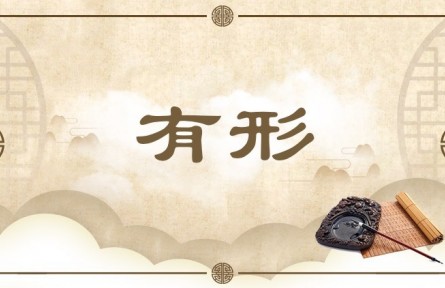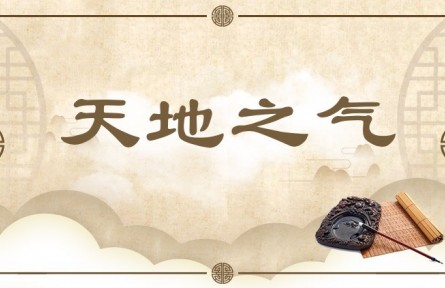形名 Xingming (Form and Name)

“形”指事物的形体,“名”指事物的名称。古人认为事物是有形的,有形之物具有自身的规定性,并与他者相区别。而“名”则用以指称这些有形之物。由“名”所构成的秩序,明确了有形之物彼此间的关系及其在整体秩序中的地位。有学派认为,事物固有的“形名”即已包含某种合理的秩序,为政者应遵循并维护这一“形名”秩序。也有学派认为,可以通过后天的刑罚、教化来塑造“形名”秩序。在强调刑罚所需的对事物、行事的分辨、判断时,“形名”又作“刑名”。
Xing refers to the form of an object, and ming refers to its name. The ancient Chinese believed that objects have forms, and that each formed object has its own specific nature which distinguishes it from other objects, whereas its name specifies the object. An order comprised of names establishes the relationships between the objects as well as their positions in the order. Certain schools of thought felt that the forms and names inherent in objects already incorporate a certain rational order, and that those who govern should abide by and uphold this order. Other schools of thought believed that an order of forms and names could be created after the fact through xing (punishments) and education. When emphasizing the need to analyze and judge things and actions while meting out punishments, xingming (form and name) is also rendered as xingming (punishment and name).
引例 Citations:
◎故执道者之观于天下也,无执也,无处(chǔ)也,无为也,无私也。是故天下有事,无不自为刑(形)名声号矣。刑(形)名已立,声号已建,则无所逃迹匿正矣。(《黄帝四经·经法·道法》)
因此持守道的君主对待天下,不固执,不居功,不妄为,不偏私。因此天下有事,无不自己确立事物的形名以及名号。形名已经确立,名号已经建立,那么各种事物都无所隐匿自己的形迹和常情了。
Thus a ruler who follows moral principles will rule the realm without stubbornness, without claiming credit, without arrogance and without biases. Hence in all matters, he will first determine the form and the name. Once form and name are ascertained, nothing will be able to conceal its traces or its normal state. (The Four Classics of the Yellow Emperor)
◎人主将欲禁奸,则审合刑名者,言异(与)事也。(《韩非子·二柄》)
君主想要禁止奸邪,则要审察核实事物的形名是否符合,也就是人们的言语和行事是否一致。
If a ruler wishes to prohibit evil deeds, he must determine whether the forms and names of things accord with each other, that is, whether people's words accord with their deeds. (Hanfeizi)
推荐:教育部 国家语委
供稿:北京外国语大学 外语教学与研究出版社
责任编辑:钱耐安





